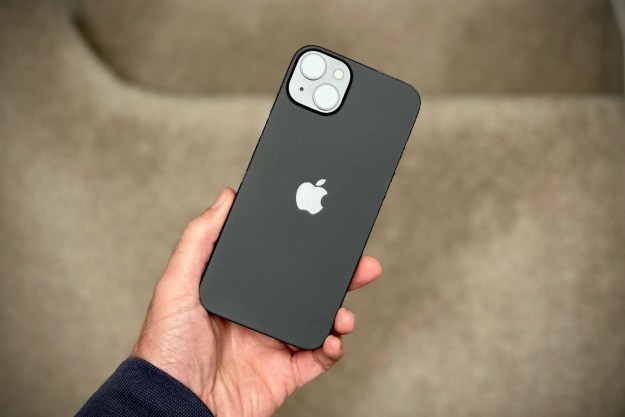 Well, it’s worth a try, right? European mobile operators, whose only job is to provide phone and data services, don’t think they should have to pay for their own business expenses. Several operators including France Telecom SA, Telecom Italia SpA, and Vodafone Group Plc are seeking a deal that would require content providers to pay fees tied to how much bandwidth they consume, reports Bloomberg.
Well, it’s worth a try, right? European mobile operators, whose only job is to provide phone and data services, don’t think they should have to pay for their own business expenses. Several operators including France Telecom SA, Telecom Italia SpA, and Vodafone Group Plc are seeking a deal that would require content providers to pay fees tied to how much bandwidth they consume, reports Bloomberg.
That means that bandwidth consuming apps like Netflix and App Stores as well as big websites like Facebook, Yahoo, and Google would have to pay a premium to have their websites and services on mobile networks. The problem: surges in the use of data are cutting into operator profits. According to IDC, the number of mobile data connections in western Europe will rise by an about 15 percent a year to 270 million in 2014, but revenue will fall about 1 percent a year. And though revenue isn’t growing, network expenses are expected to rise by 28 percent to around $3.7 billion.
Before the smartphone era, cell operators ran their own mobile video game, ringtone, wallpaper, and video stores, sucking up 40-60 percent of revenue from content publishers. The massive success of Apple’s App Store and Google’s Android Market have virtually ended this revenue stream for operators. A majority of app and download revenue (70 percent) now goes to content providers, with 30 percent going toward Google, RIM, Apple, or whatever company runs a particular app store. Operators want a piece of the new pie.
“Currently about 40 percent of our expenses go to networks anyway — servers, peering, our content delivery network, and other resources,” said Giuseppe de Martino, the legal and regulatory director of Paris-based online-video provider Dailymotion SA. “If telecom operators want us to share in their expenses, perhaps we should talk about sharing subscription revenues as well.”
It is unlikely that charging websites and services for use of bandwidth will work, which leaves mobile subscribers (us) to pick up the bill. However, perhaps operators are going to need to buckle down and learn to live with less. After all, charging at least $70 to every man, woman, and child should be enough, shouldn’t it?
What do you think? Should websites like Netflix have to pay more for the bandwidth they use?

